Latest Comments
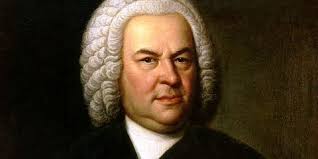
Johann Sebastian Bach: The Master of Baroque Music
Johann Sebastian Bach (1685–1750) is widely regarded as one of the greatest composers in the history of Western music. Born in Eisenach, Germany, into a[…]
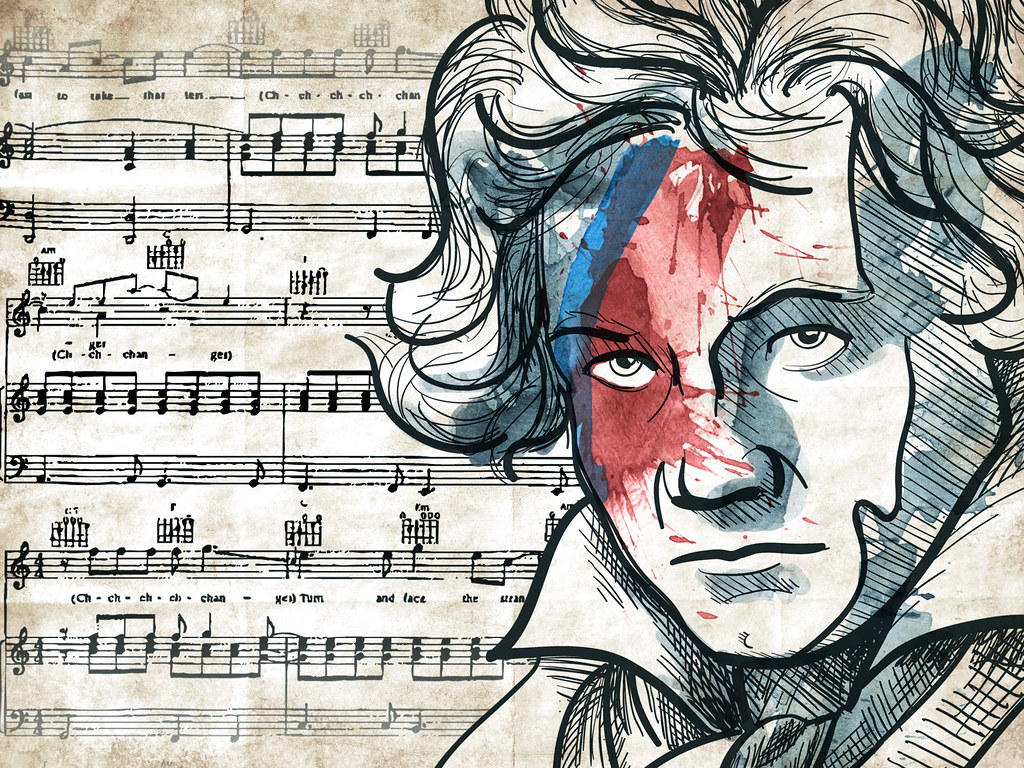
The Story Behind Beethoven’s Great Fugue Op. 133
The Great Fugue Op. 133 (Große Fuge in German) is one of Ludwig van Beethoven’s most ambitious and enigmatic compositions. This monumental work, originally composed[…]
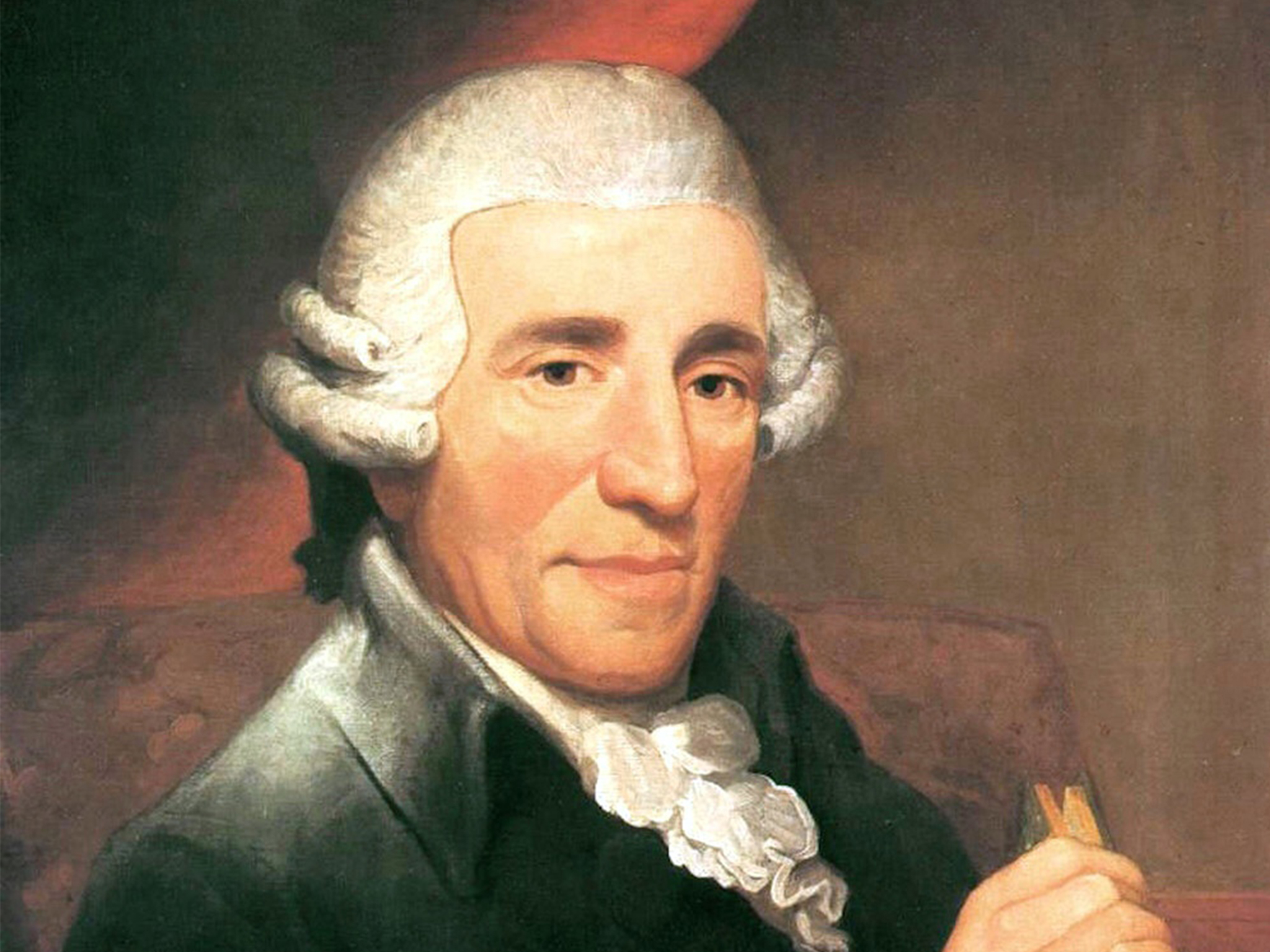
The Story Behind Haydn’s Symphony No. 95
Joseph Haydn, often referred to as the “Father of the Symphony,” composed Symphony No. 95 in C minor in 1791. This remarkable work is part[…]
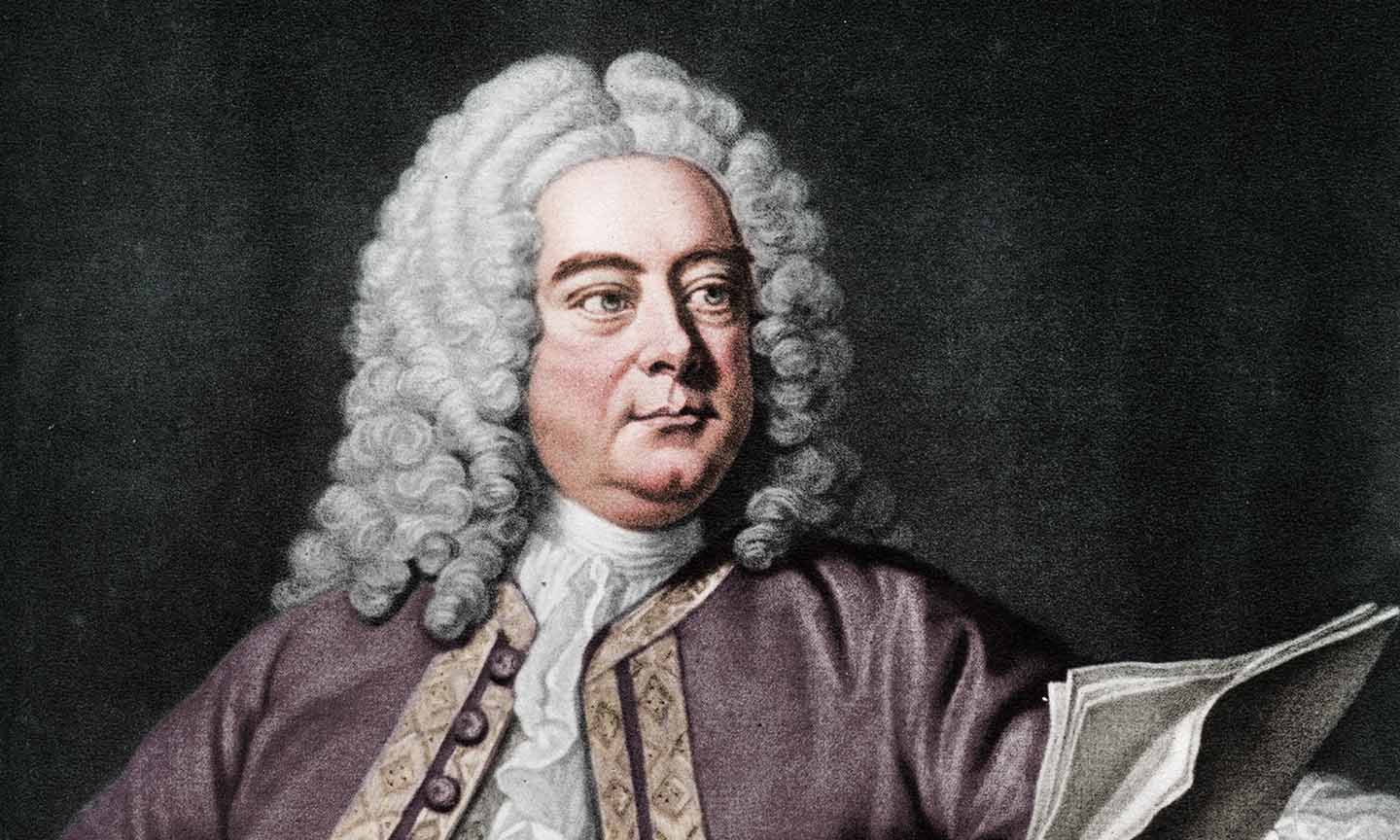
The Story Behind Handel’ Music for the Royal Fireworks
One of the most celebrated works of the Baroque period, Georg Friedrich Händel’s Music for the Royal Fireworks stands as a testament to the composer’s[…]

The Story Behind Bach’s Fantasia and Fugue
Johann Sebastian Bach, one of the most celebrated composers of the Baroque era, crafted the Fantasia and Fugue in A minor, BWV 904 as a[…]
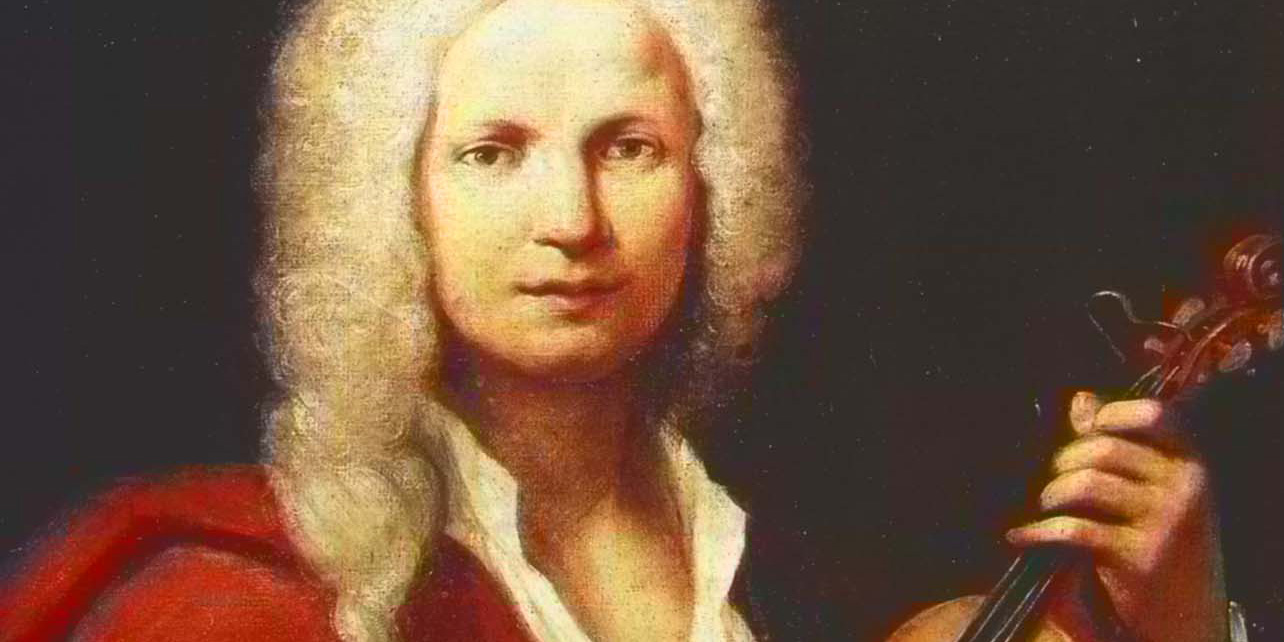
The Story Behind Vivaldi’s Concerto for 2 Trumpets
Antonio Vivaldi, often referred to as the “Red Priest” due to his striking red hair and clerical status, was a prolific Baroque composer whose works[…]
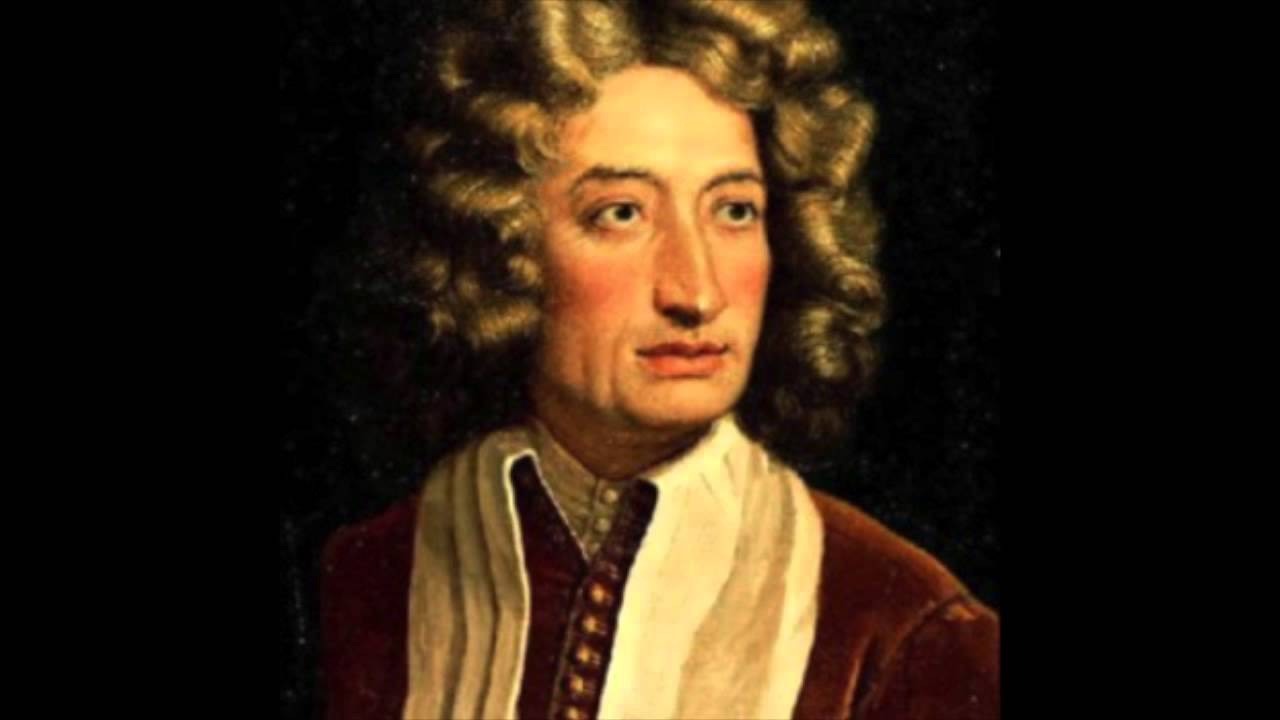
The Story Behind Pachelbel’s Vom Himmel Hoch Da Komm Ich Her
Johann Pachelbel, one of the most prominent Baroque composers of the 17th century, is renowned for his richly textured compositions and exceptional skill in crafting[…]

The Story Behind Vivaldi’s Concerto della Madonna
Antonio Vivaldi, the renowned Italian Baroque composer, is celebrated for his extensive repertoire of concertos, sacred choral works, and operas. Among his sacred compositions is[…]

The Story Behind Vivaldi’s Gloria
Antonio Vivaldi, one of the most celebrated composers of the Baroque period, created a vast repertoire of music that continues to captivate audiences worldwide. Among[…]

The Story Behind Bach’s Toccata and Fugue
Johann Sebastian Bach’s Toccata and Fugue in D minor, BWV 565 is one of the most iconic and widely recognized pieces of classical organ music.[…]
© 2025 Top Classical Music. Created with ❤ using WordPress and Kubio